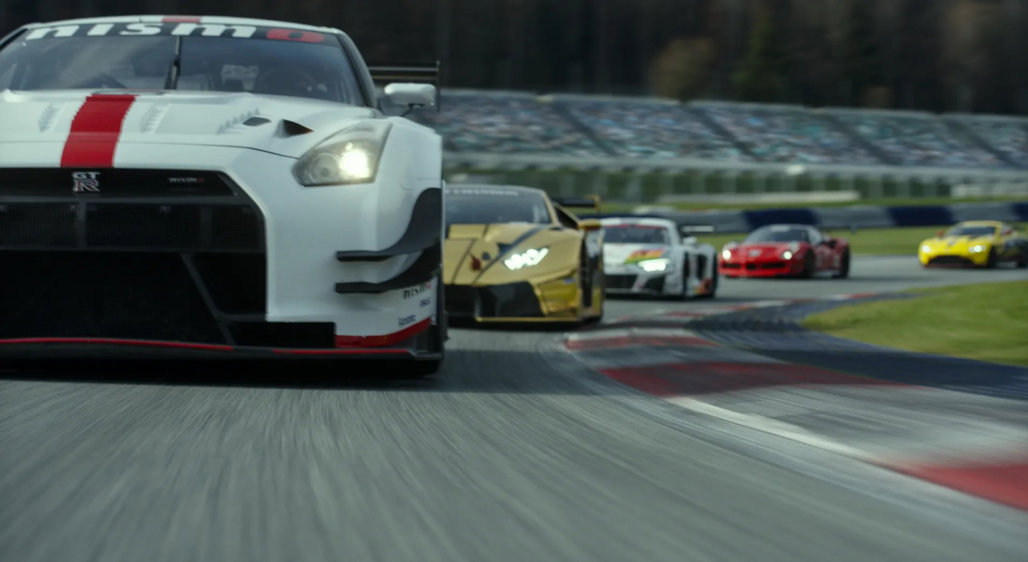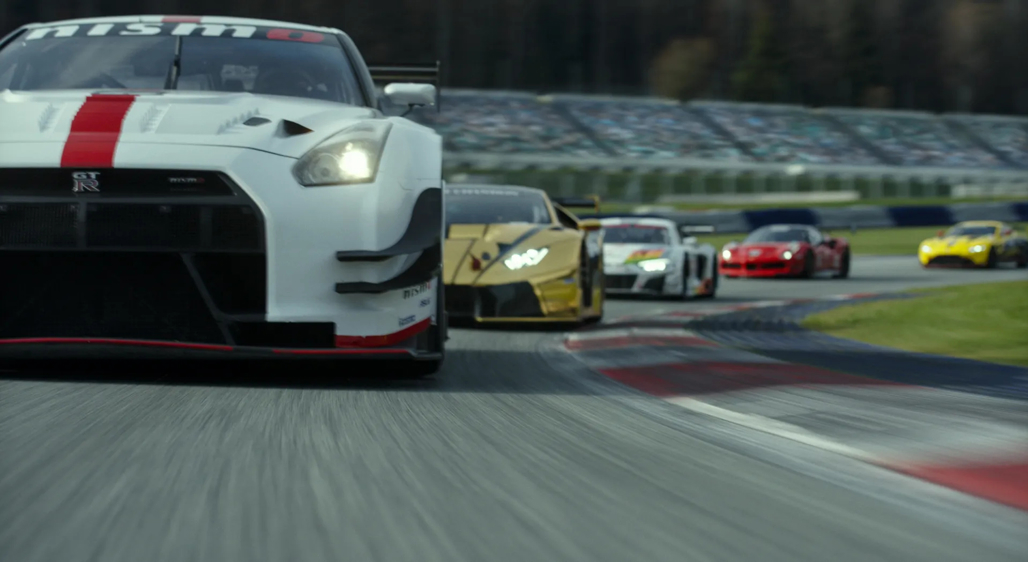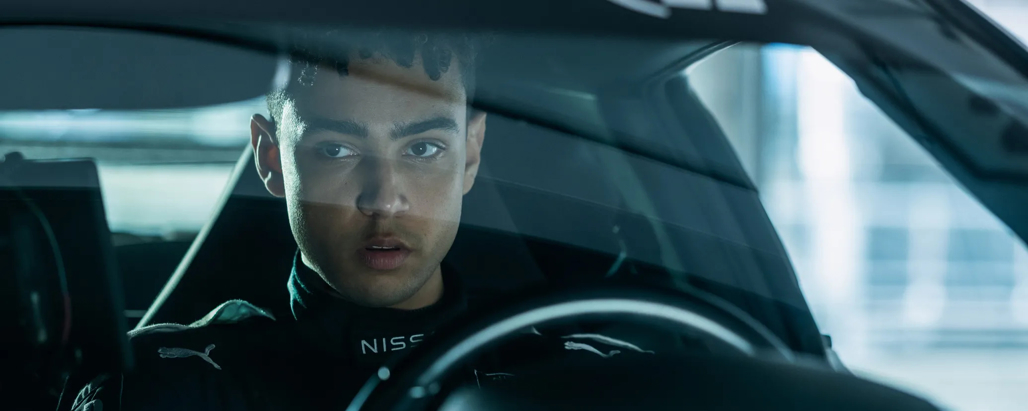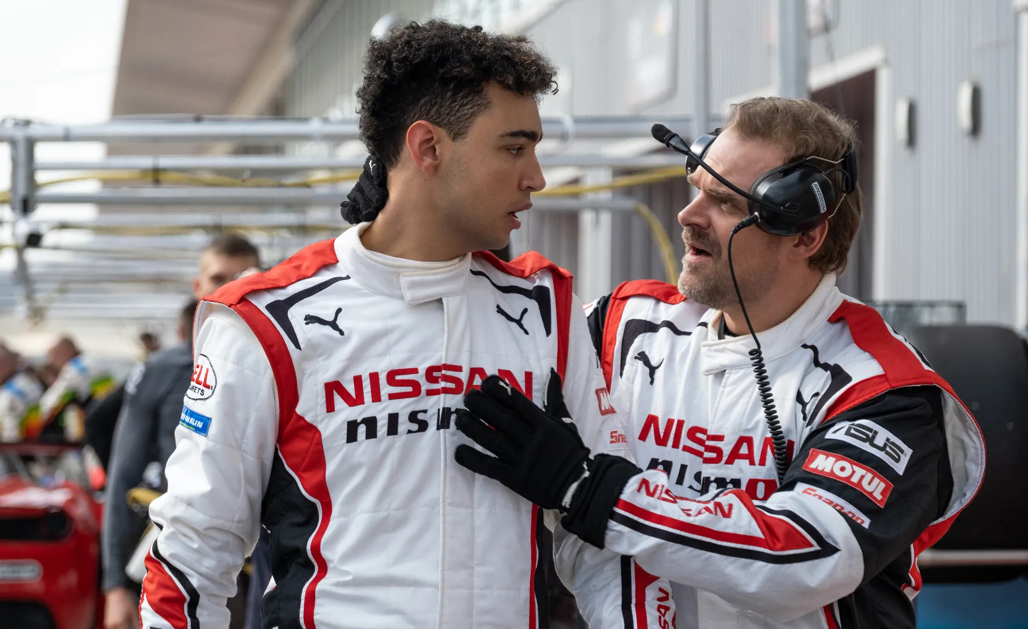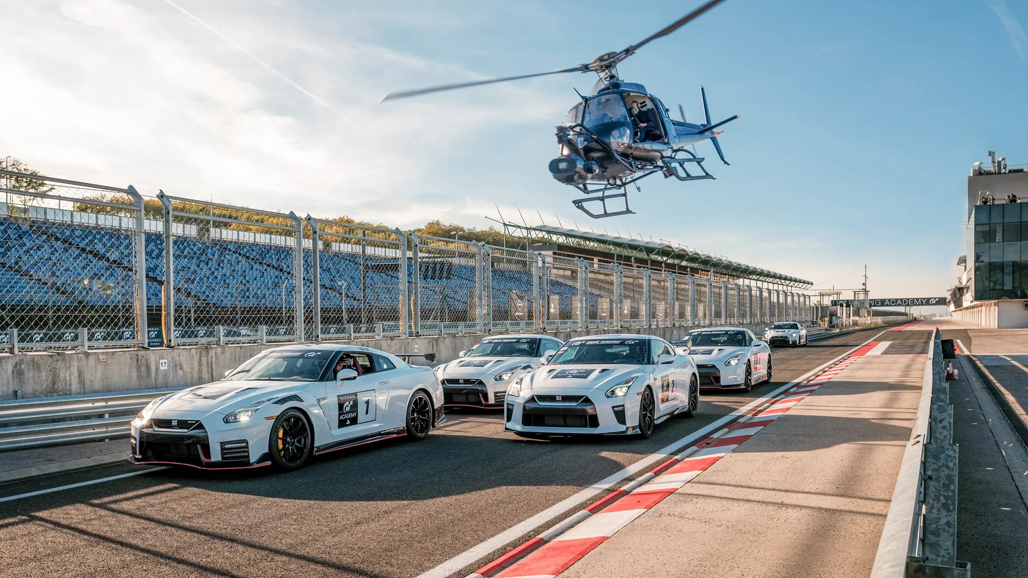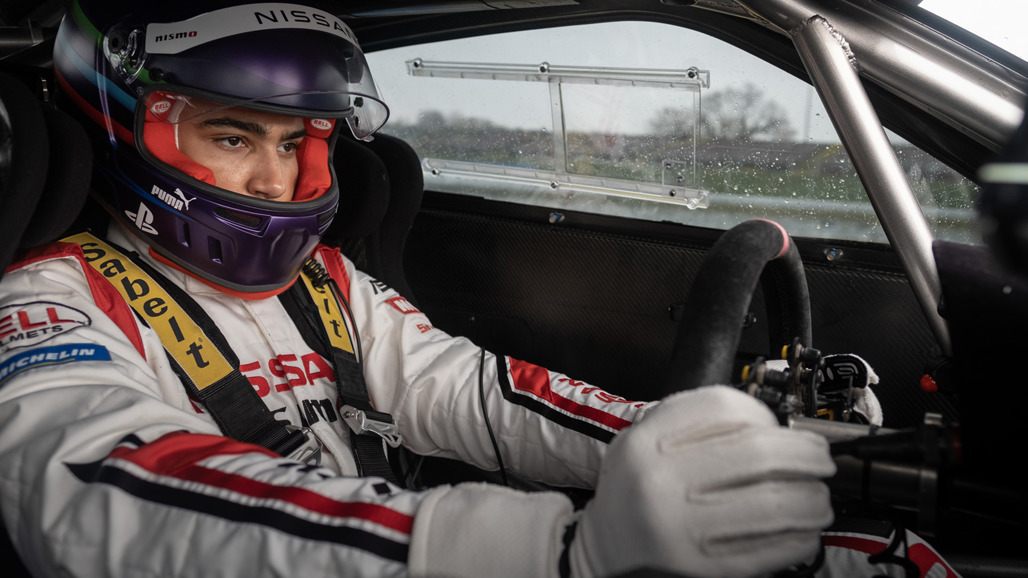Anyone who has played, watched or even heard of the Gran Turismo game series on PlayStation will be aware that the major selling-point the game hinges its very existence on is its realism and accuracy.
Creator Kazunori Yamauchi has an almost obsessive attention to detail when it comes to his iconic game series, going to extreme lengths to perfectly recreate every curve and line on not only the cars and the race tracks, but also to capture the very experience of racing itself. It's the reason that it is the highest-selling PlayStation exclusive franchise.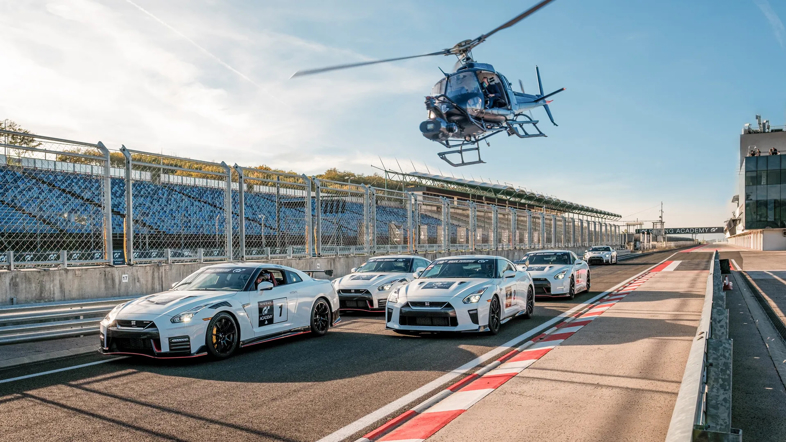
So it came as something of a disappointment that around 25 minutes into the movie based on the game I and a lot of other people love, I came to the realisation that I was watching the worst movie about motorsport I had ever seen. And, yes, I have seen Sylvester Stallone's Driven.
Things looked promising on paper: the adaptation was based around the story of Jann Mardenborough, the youngest winner of the GT Academy virtual racing series that was created by Nissan and Sony, who would go on to have a real-life racing career and score a podium finish at Le Mans.
The movie was being written by American Sniper co-writer Jason Hall, helmed by District 9 and Elysium director Neil Blomkamp and featured a solid cast that included David Harbour (Stranger Things, Black Mass), Orlando Bloom (Lord of the Rings, Pirates of the Caribbean), Djimon Hounsou (Blood Diamond, Guardians of the Galaxy) and newcomer Archie Madekwe (Midsommar) as Mardenborough.
But most promising of all was that fact that Yamauchi was attached as an executive producer, as was Mardenborough, indicating that we might finally get a movie that realistically represents motor racing on the silver screen, given Yamauchi's obsession with realism in his games and Mardenborough's remarkable story.
Well, it was a nice idea, but that isn't what we get in Gran Turismo.
Instead we get every groaning cliche in the book rolled out in a visually stunning, awkwardly paced misfire that is a towering achievement in totally missing the point. Perhaps most impressively, Gran Turismo manages to miss both the point of motor racing and of gaming.
A certain amount of liberty has to be taken with movies based on true events (which Gran Turismo heavily promotes itself as), but the filmmakers have possibly taken things a step too far here, shifting the film's timeframe to the current day (Mardenborough actually won the GT Academy in 2011) and, more egregiously, depicts key events drastically out of sequence. But more on that later...
Despite shifting the film to the modern day where video games are undeniably mainstream (no doubt to better show off Sony and Nissan's current range of products), Gran Turismo treats gaming as a niche for basement-dwelling nerds; socially awkward misfits who need to "get outside more".
Around 25 minutes into the movie I came to the realisation that I was watching the worst movie about motorsport I had ever seen. And, yes, I have seen Sylvester Stallone's Driven.
The video game industry is now actually bigger than both the movie and music industries combined, so maybe it's a case of sour grapes, but it instantly sets an odd tone for a movie supposedly set in the modern day.
Adding to that odd tone is the breakneck speed with which it rips through Mardenborough's rise from gaming in his bedroom to racing a Nissan at Le Mans, a process which took close to three years in real life (which is a remarkable feat anyway) seems to be condensed down into a couple of months here.
The awkward pacing is exacerbated by the wildly uneven performance from the cast - Orlando Bloom is all wild-eyed and hyperactive as a Nissan PR executive who comes up with the idea of the GT Academy, with an inexplicably awful British accent (despite being British himself), yet still pronouncing 'Nissan' the American way (Nee-saan).
The excellent Djimon Hounsou is totally wasted as Mardenborough's father, reduced to frowning a lot and telling his son that there is no future in silly things like gaming or motor racing, while Geri Haliwell's turn as his wife proves that the pinnacle of her acting career remains the Spice Girls movie.
A visually stunning, awkwardly paced misfire that is a towering achievement in totally missing the point.
Madekwe gives a strong performance as Mardenborough, but can only do so much with the weirdly limited range his character is given, while David Harbour is the absolute highlight of the film as the completely fictional Jack Salter, a grumpy ex-racer roped in to train the inexperience gamer nerds.
But even Harbour seems to give up halfway through after his role is reduced to yelling constantly over the radio to Mardenborough, while pacing back and forth across a live pitlane during races and somehow not being tackled by marshals or demolished by a speeding racing car...
Yes, that really happens. And yet that is only the tip of the iceberg, as it isn't too long into the racing action before the inexcusable "extra gear" trope is rolled out.
You know the one - when the racing is at its closest and things are getting tense. The protagonist is struggling to get past his cartoonishly awful rival (yep, there's several of those here too!) when he suddenly seems to remember that he has an extra gear that gives him a massive boost in speed...
While the film quickly descends into a messy Fast & Furious-style series of increasingly implausible situations and toe-curling cliches, arguably its biggest sin comes when the horrifying accident Mardenborough has at the Nurburgring Nordschleife in 2015 is depicted as happening before his podium at Le Mans, rather than two years after it, and is used as a cheap plot device to provide motivation, giving Harbour's character a reason for an emotional reveal and a motivational speech to get Mardenborough back on track and point him towards success at the 24 hour race.
Mardenborough's accident was similar to that of Mark Webber and Peter Dumbreck 16 years earlier, when the front of his Nissan GT-R lifted going over the high speed Flugplatz section, launching his car into the air and over the fence, tragically killing a spectator. The decision to shift the accident in the timeline and use it as a horribly predictable plot device has been slated as disrespectful to the victim and insulting to the audience, and I can't disagree with that.
Ultimately, the final insult to racing fans (and Mardenborough himself) is delivered when the movie culminates at the 24 Hours of Le Mans, where Mardenborough and two other GT Academy competitors are teamed up (which actually happened) in a Ligier Nissan DPi LMP2 car (which didn't - they drove a Nissan-powered Zytek LMP2 car) and, according to the movie, finished in an incredible third place.
This didn't happen; while the GT team did finish third in the LMP2 class, they were 9th overall, 21 laps down on the winners Allan McNish, Tom Kristensen and Loïc Duval in an Audi R18 LMP1 car.
The great tragedy of Gran Turismo - and the spectacular culmination of totally missing the point - is that this is a thoroughly remarkable achievement in itself, and one that would have stood up perfectly well as a triumphant ending without having to resort to time-bending trickery and cheap plot devices.

